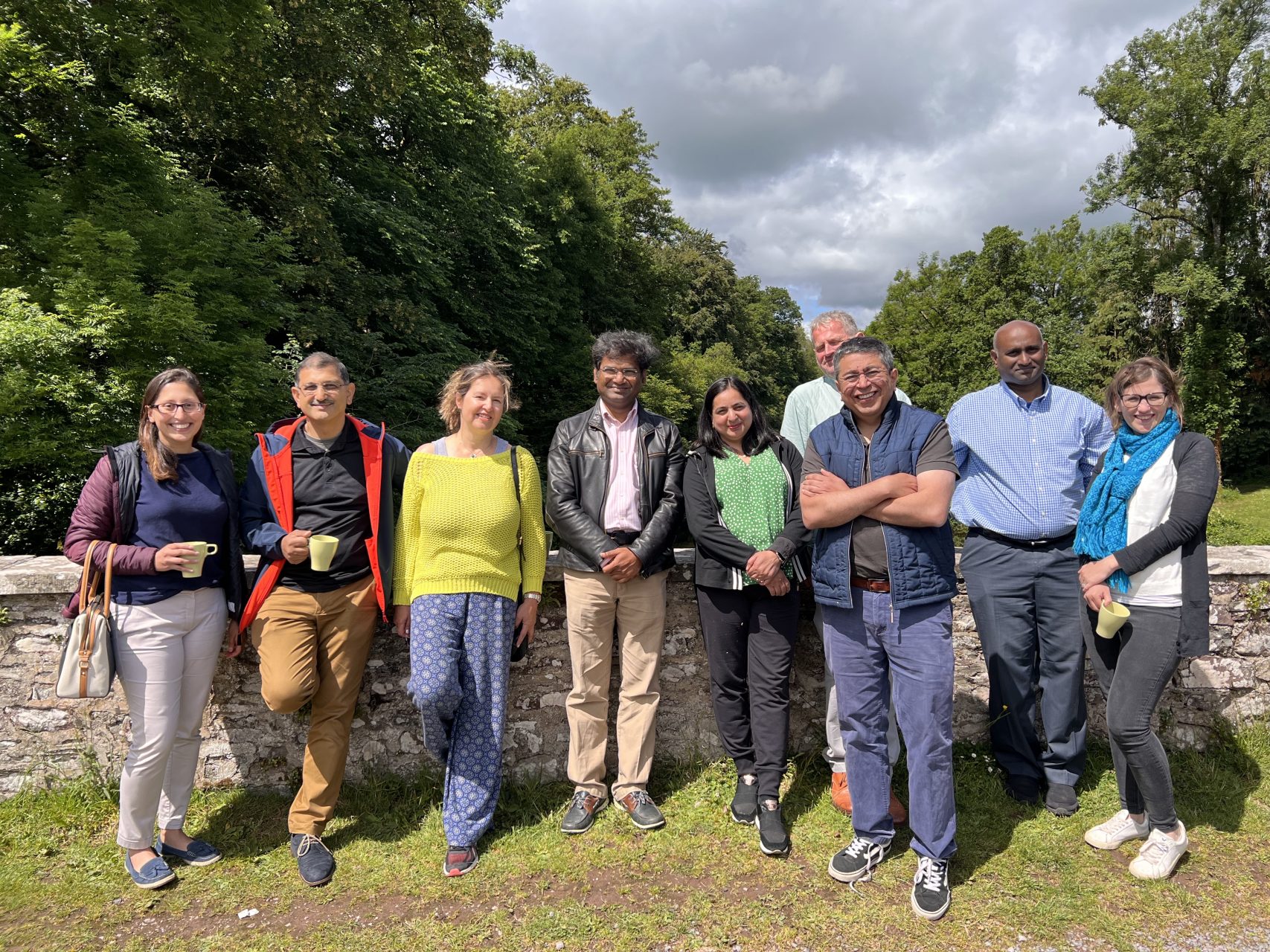
"I loved the whittling and found it helped me to relax. It was as effective as anything I can think of to take me way from the stresses of work and helped me to unwind and reflect."
It has been heartening to see the work of Doctors in Distress (https://doctors-in-distress.org.uk) developing since our leadership retreat with their trustees and senior management team at St.Giles last summer. Their work, together with Practitioner Health and others similar initiatives seems, sadly, to be more important than ever. The Fathom Trust is therefore pleased to be working with the NHS in Wales to provide a series of retreats for medical staff.
Low morale in the workforce appears to be a general phenomenon across professions. In the NHS and Social Care sectors, burnout – which started to be measured in the British Medical Journal (BMJ) annual survey in 2018 – is at it highest with 63% of trainees and 52% of trainers at moderate or high risk of burnout. This has led Charles Massey, the Chief Executive of the General Medical Council (GMC) to put workplace reforms at the heart of policy, with a focus on improving working culture. Looked at another way, the current working culture is making two-thirds of NHS staff unwell.
It is hard to imagine a more striking symptom of systemic illness. The Kings Fund have estimated that 56% of the NHS workforce work additional unpaid hours on top of their contracts. With staff shortages of 1 in 10 before the pandemic, the chronic excessive workload across the health and care sectors is a direct cause of burnout but also poorer patient safety. It is difficult to know how to escape this negative feedback cycle, where excessive workplace demands caused by staff shortages lead to poorer patient and practitioner outcomes, which in turn result in greater stress and increased staff shortages.
Last year’s report for the Health and Social Care Parliamentary Committee on burnout in the NHS included a recommendation from the Academy Trainee Doctors’ Group to replace the term ‘burnout’ with the term ‘moral injury’, with the implication that increasing sickness levels can be better explained by systemic failures and organisational factors beyond individuals’ control rather than as personal responses to common work-placed stress. This is a sentiment with which the President of the Royal College of General Practitioners, Professor Dame Clare Gerada, would agree. She said that, “resilience described “bending with the pressure, bouncing back and learning from that” and that “no amount of resilience training or psychological or physical PPE will protect you from a toxic environment.” Clare offers a full account of the mental health difficulties facing medics in her latest book, “Beneath The White Coat”. As Chair of the new charity Doctors in Distress, and Practitioner Healthcare, she is one of the most experienced and informed senior leaders advocating for better and more supportive workplace cultures.
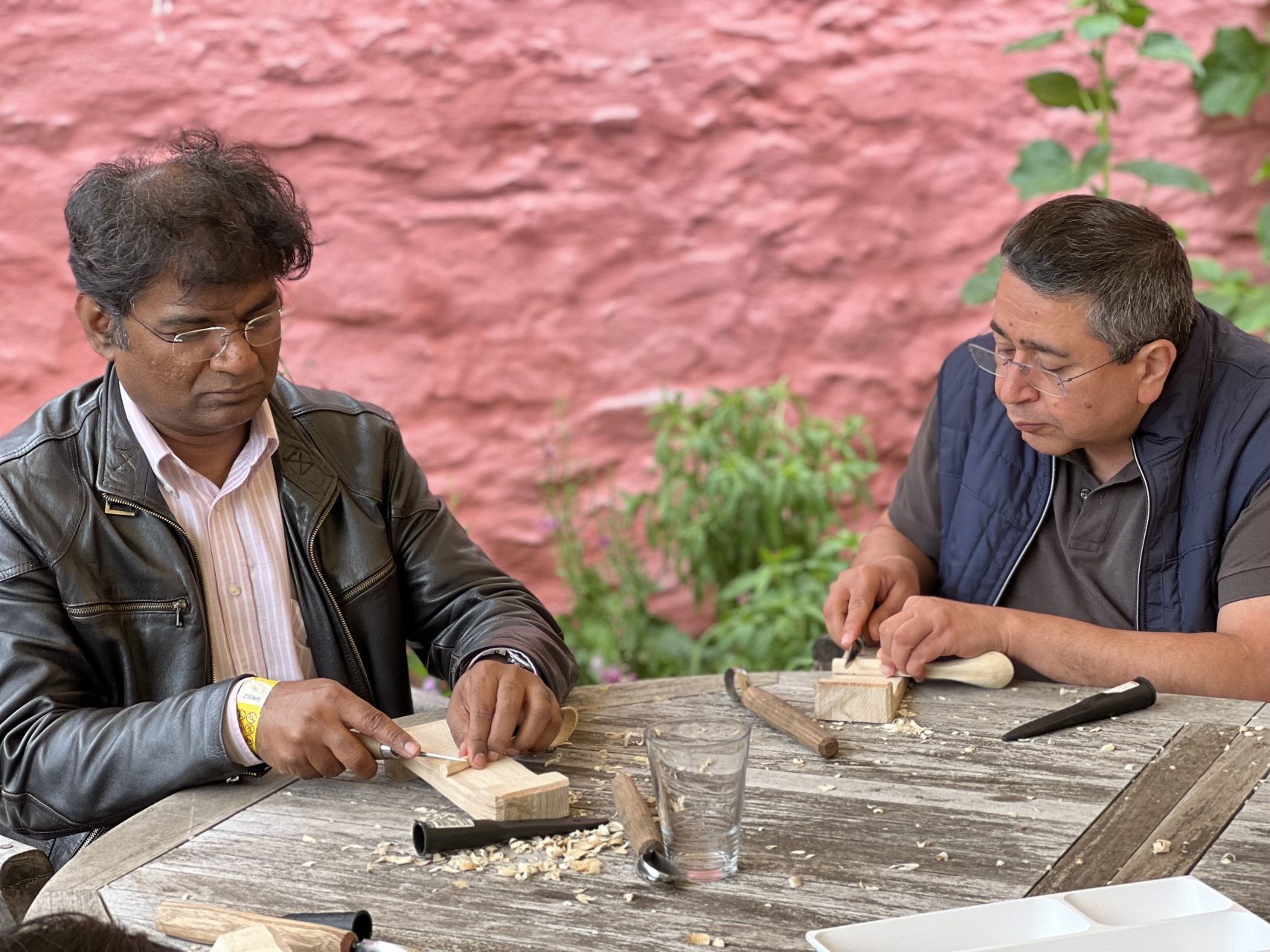
The Fathom Trust is running a series of day retreats for staff from the Cardiff and Vale University Health Board, as part of a wider strategy to improve the wellbeing of its staff. We have worked with teams but also with groups of individuals from different specialties and levels of experience. Our first retreat was with a group of ten clinical directors. The day started with a body and breathing exercise to help the group relax by shifting their focus from their typically overactive minds into their bodies. This was followed by a morning of whittling during which the group were instructed in various knife grips and whittling techniques. Barnaby Carder – aka Barn the Spoon – gave them the task of making a ‘nothing stick’ – of essentially whittling a stick away into a pile of increasingly long shavings. Generally, the longer the shavings the more relaxed and effective the knife grip had become.
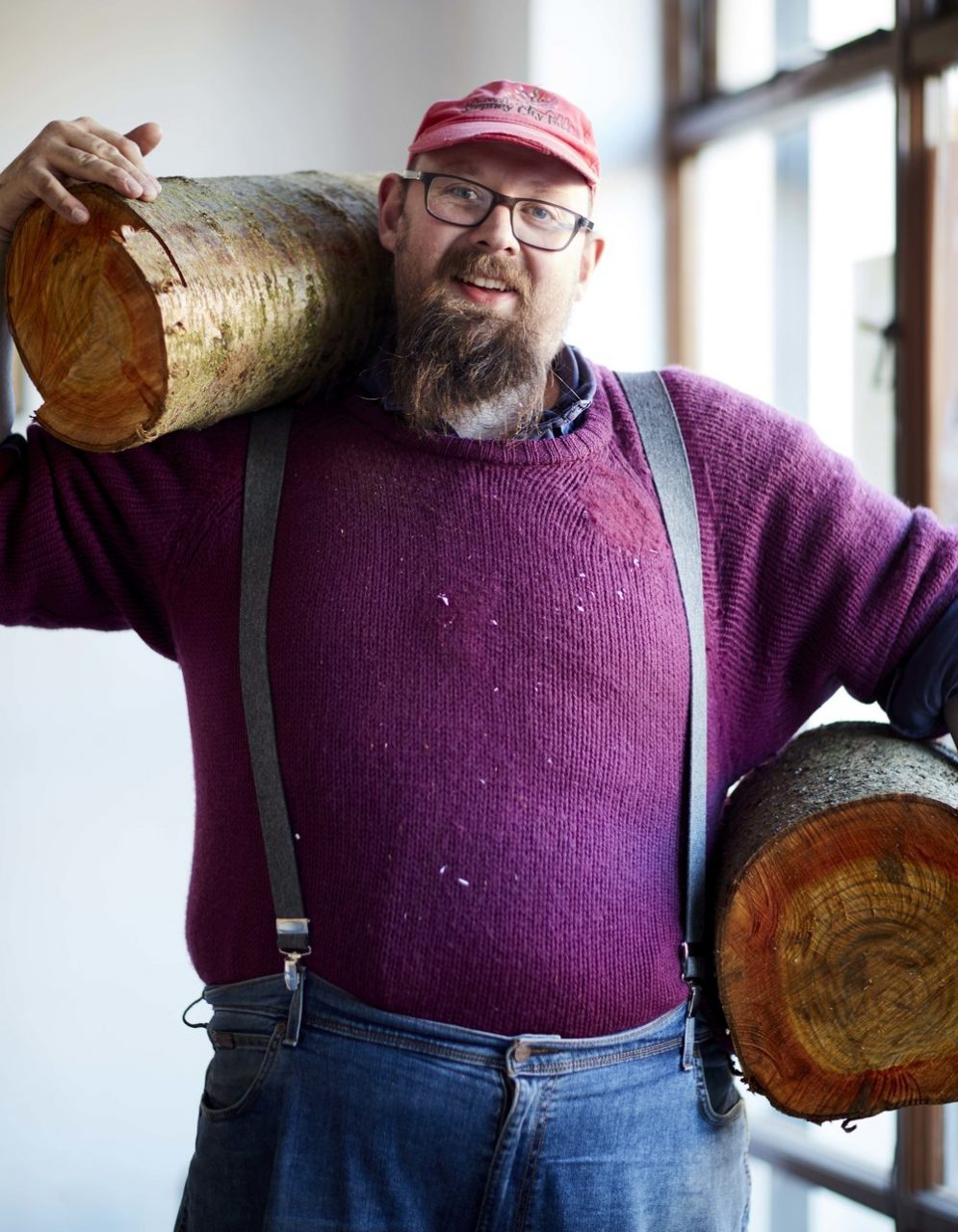
Kirsty made a delicious fresh lunch from locally grown food, much of which is grown in the Penpont walled garden. Lunch was a time to reflect on the morning’s whittling and to share stories of what it was like to work in each person’s particular workplace. After lunch, our psychotherapist, Mark Vernon, led people on a fantastic labyrinth walk, during which each person was encouraged to set an intention and to hold this in mind while meditatively wending their way to the end of the course. In the afternoon, the group graduated from their ‘nothing sticks’ to carving spoons. Barn had brought several large sections of an alder tree, which he deftly cleaved into billets and with his axe, shaped these still further into spoon blanks. The group then set to work, whittling away, until one by one they looked up beaming, having completed their spoons.
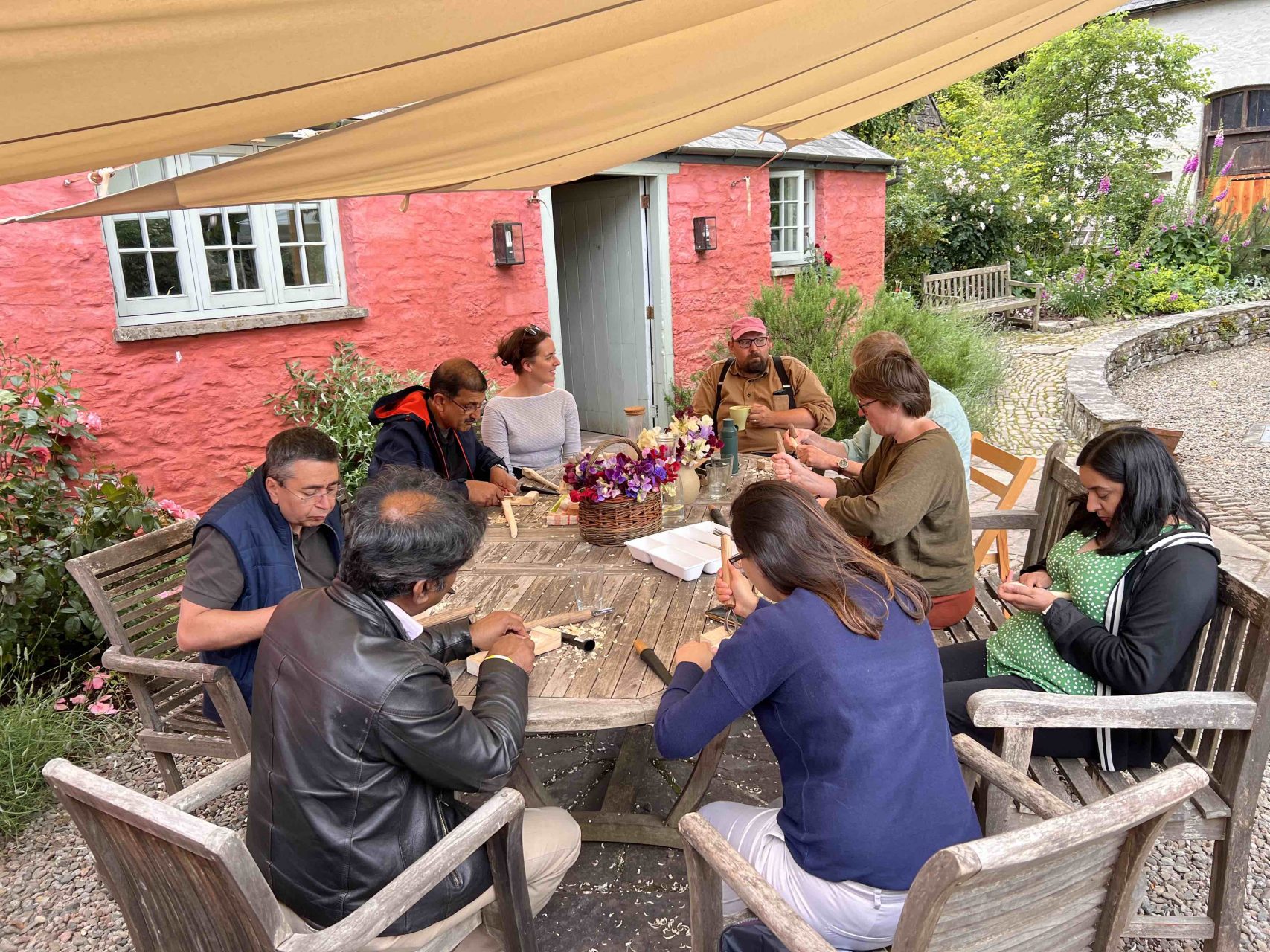
There was a chance to participate in an extended movement and mind session with our yoga instructor Lucy, to spend time with Mark 1:1, or to continue whittling. The day closed with a group reflection, which was led by Mark with a short thought piece on suffering. The weariness and fatigue facing the group came through in a range of stories, each reflecting the chronic and excessive stress that comes from routinely having to meet a set of demands without sufficient personal or organisational resources. But a sense of camaraderie also emerged with the mutual recognition of each other’s stories, and perhaps also a tentative sense of pride in the essential life-giving work to which they had committed their working lives.
Our objectives for the day were for the group to relax and have fun, to learn a new skill, and to learn something about themselves, perhaps even a life-giving habit, which would help to sustain them and their colleagues back at work. There was unanimous agreement that even in this relatively short period of time, people had experienced rest and relaxation and had, in some cases rekindled a sense of meaning and purpose in their work, and for others, had been reminded that their shared stories were symbolic of the solidarity that should come from sharing the same professional tasks. Interestingly, much of the feedback we have received resonates with the ABC of core work needs, central to wellbeing and motivation, and described in the Caring for doctors, caring for patients report by Professor Michael West and Dame Denise Coia in 2018:
We have had opportunities now to work with different specialities and with staff of differing levels of experience in the NHS, but also with senior NHS leaders. We are taking valuable lessons from these encounters and hope very much that the Fathom Trust can continue to make a valuable contribution towards more effective, creative, and caring workplace and leadership cultures.
“The Fathom Trust is an organisation to watch. They are offering creative and thoughtful approaches to personal development and organisational growth that appeal to the whole person. This is what so many of us need after the trials of the last eighteen months. “
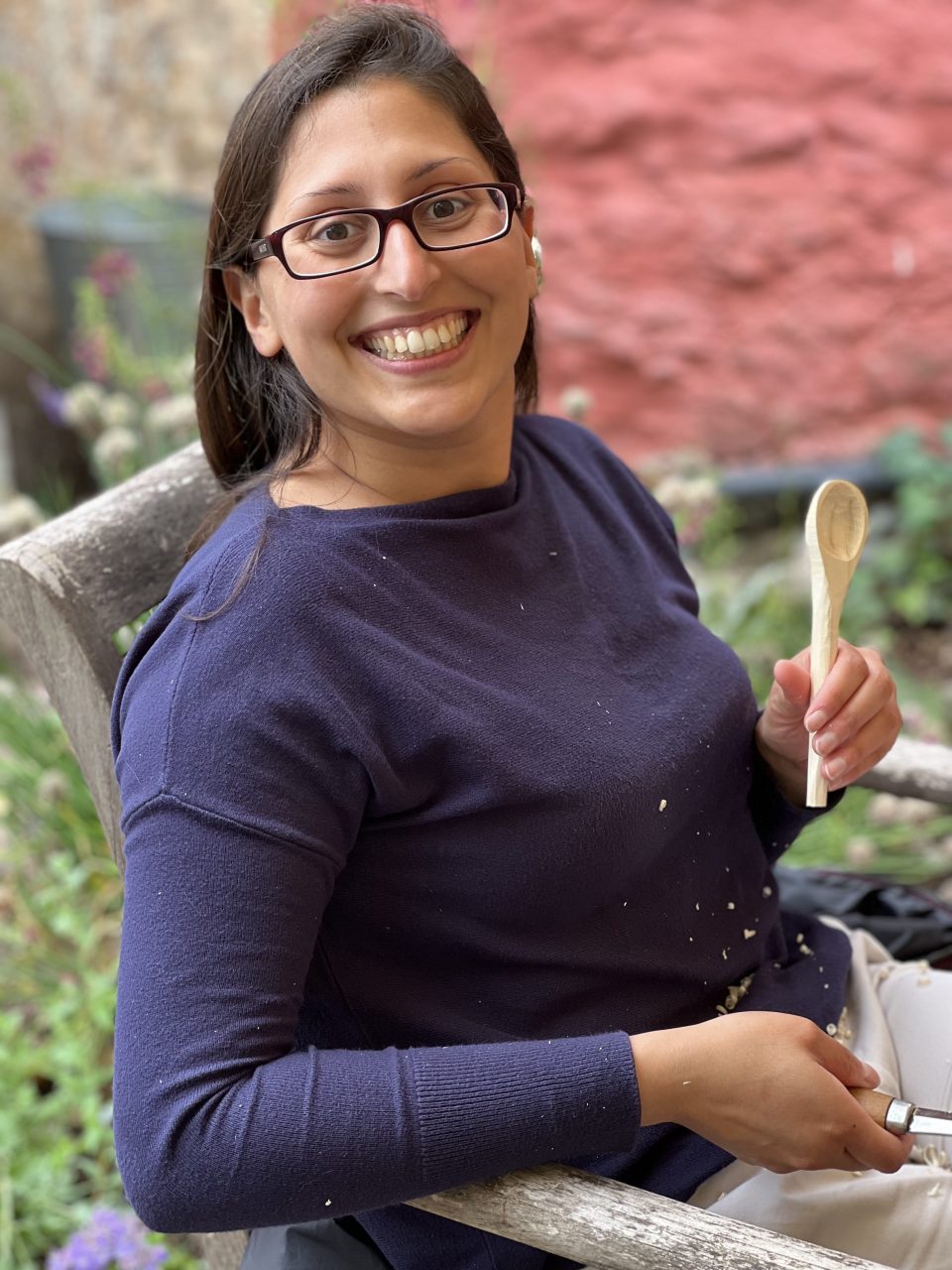
"I found it an excellent way to meet colleagues and hope to stay connected. I have learned to take a step back and not to be impulsive, to be deliberate, which I think will help me in high pressured environments".
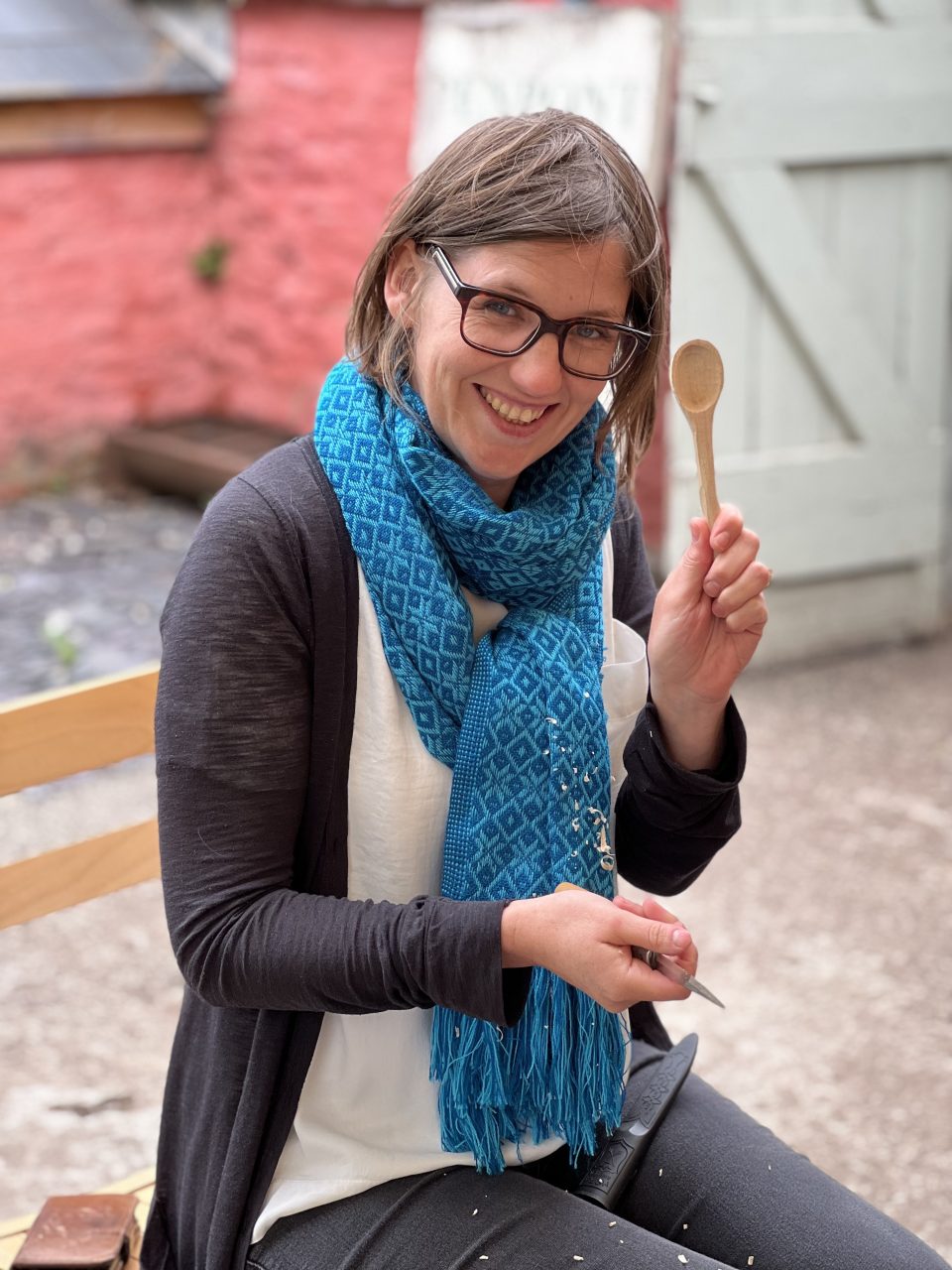
"I can't remember ever feeling this relaxed and I have been surprised by how well we've got to know each other in such a short time. Having the shared focus of learning a craft together has enabled us to get be at ease with each other."